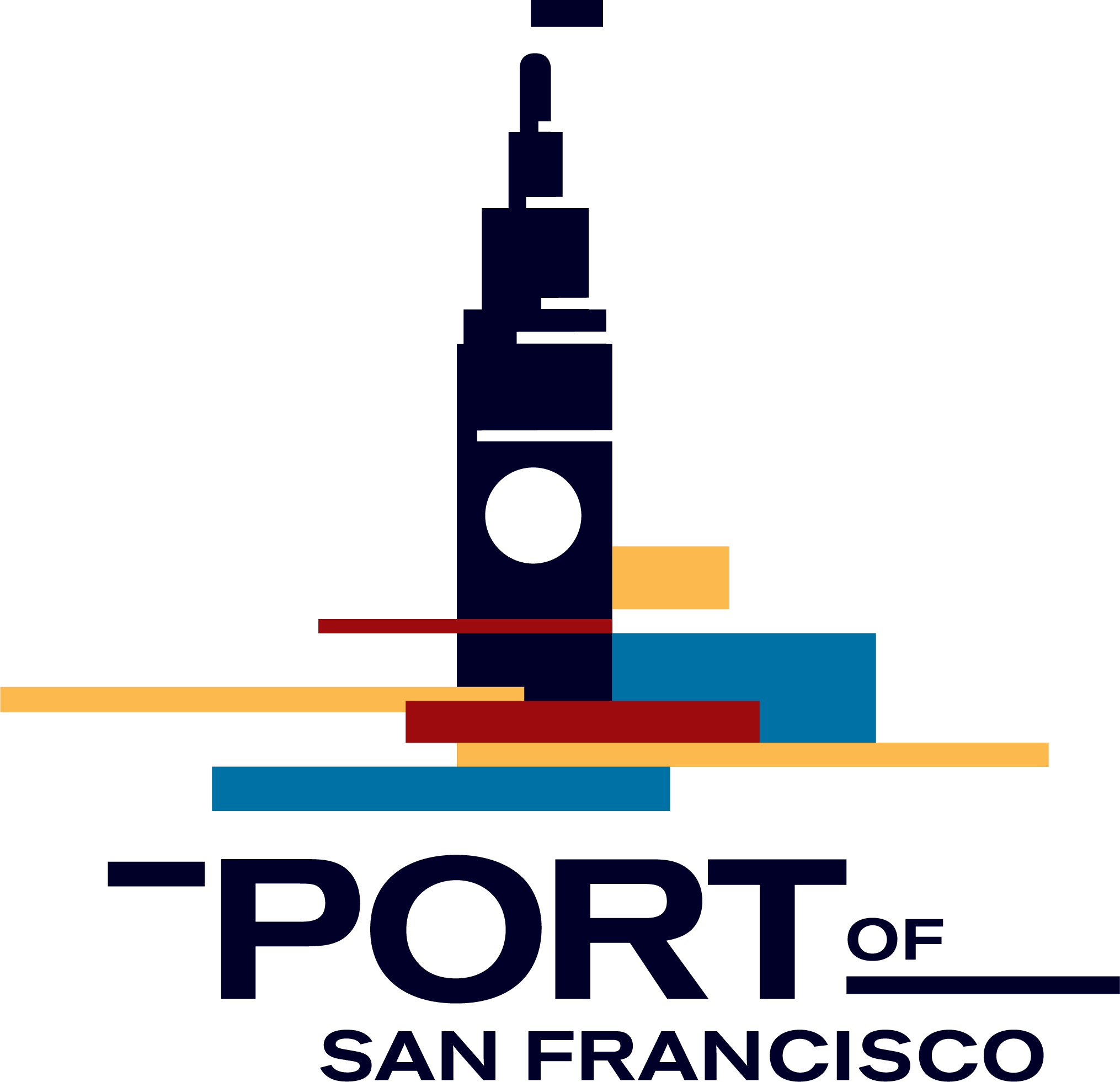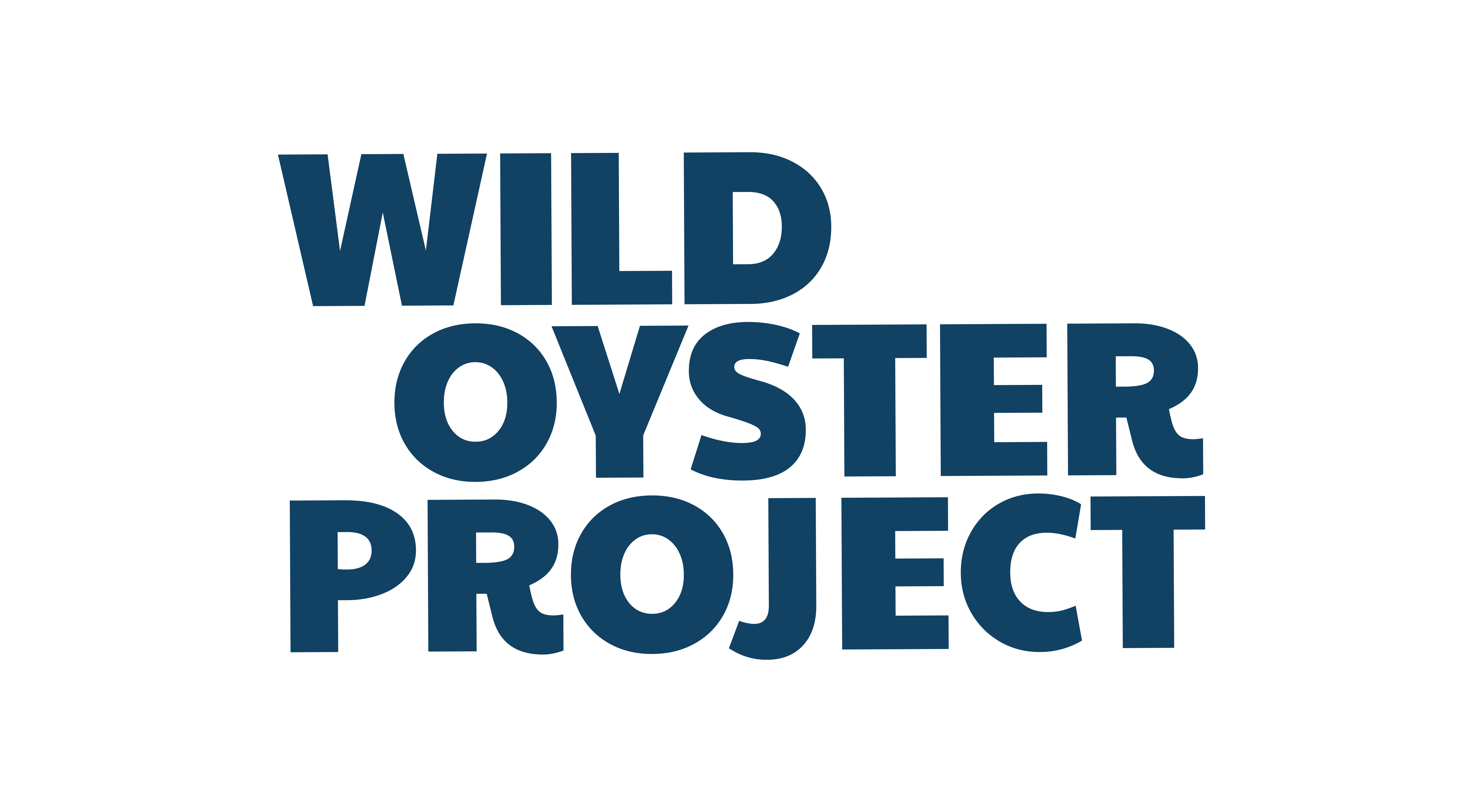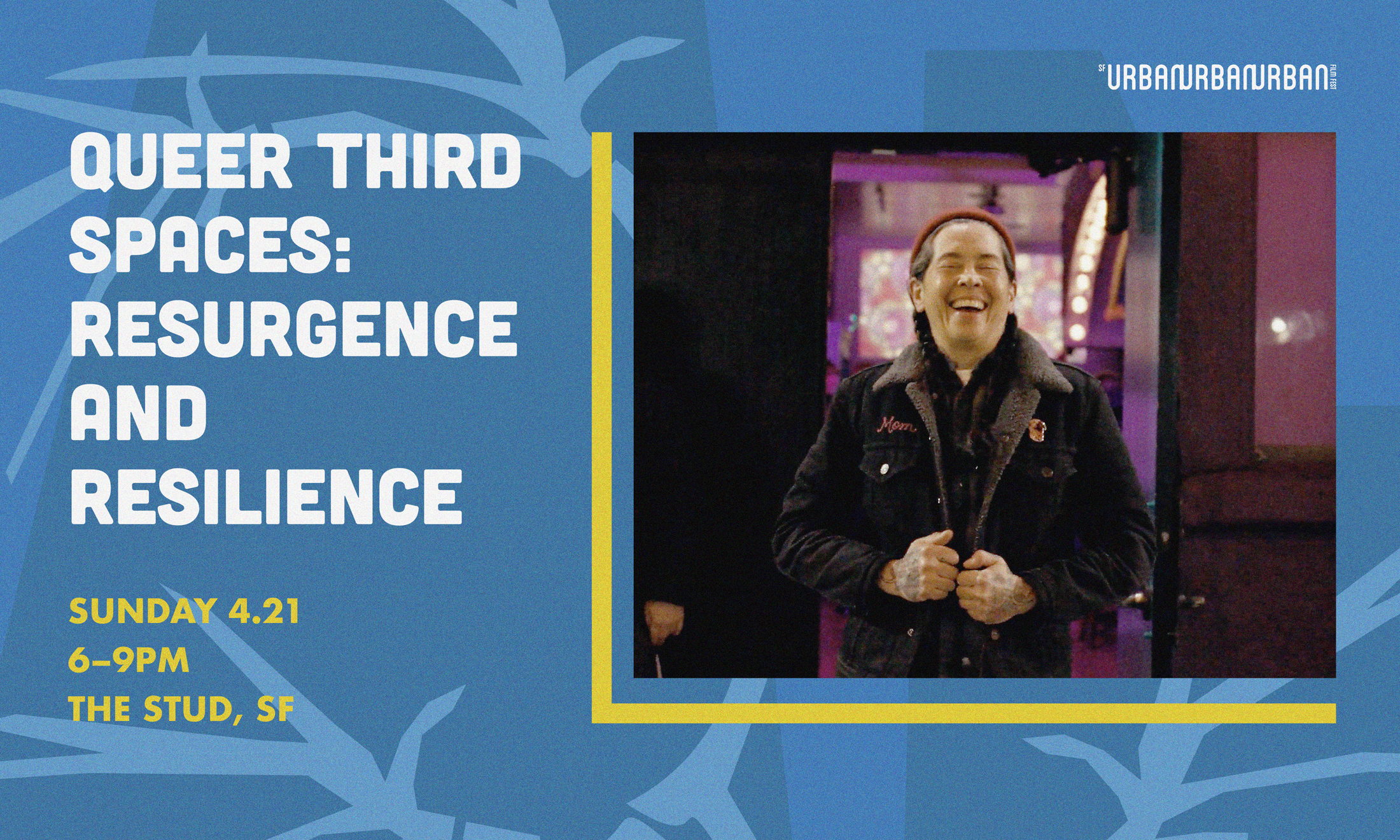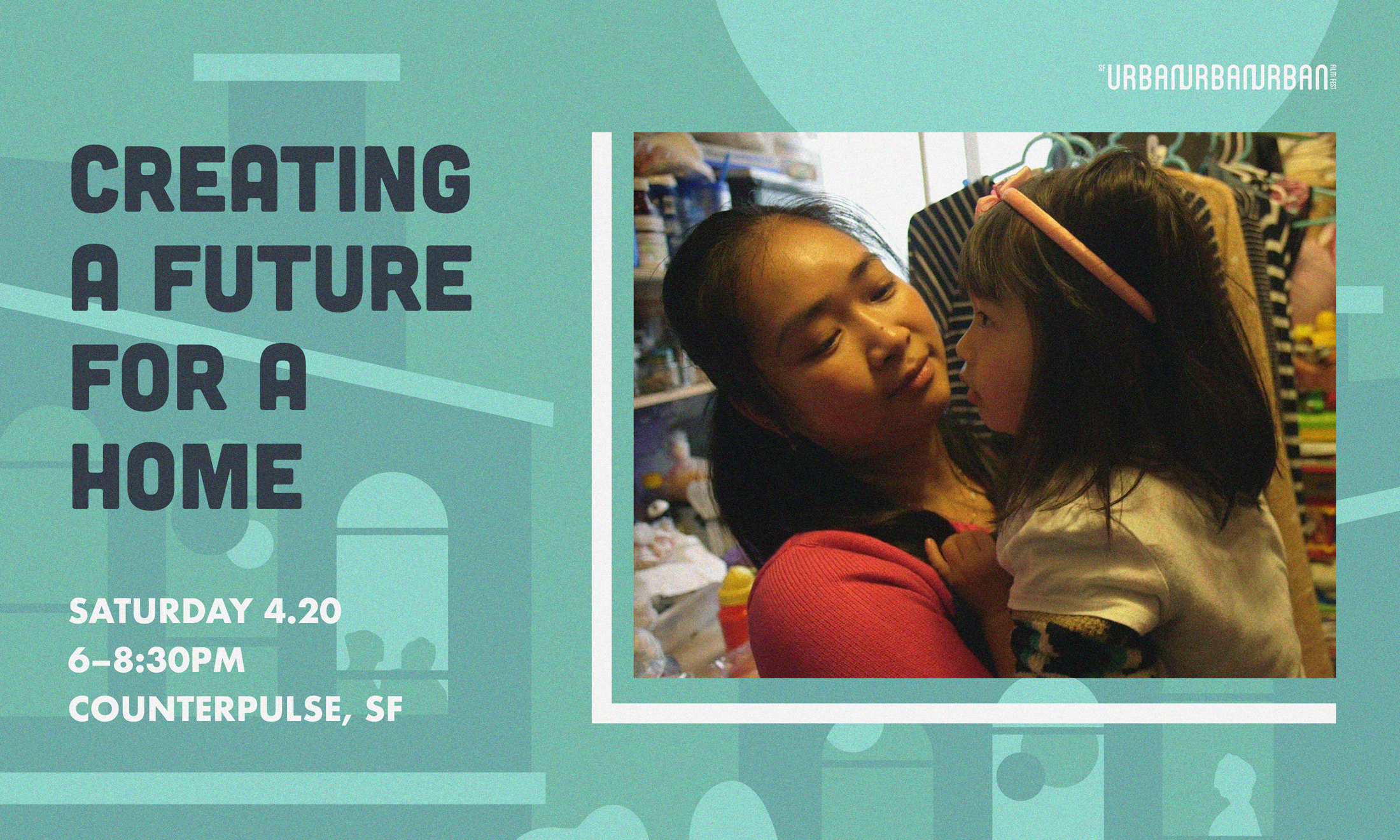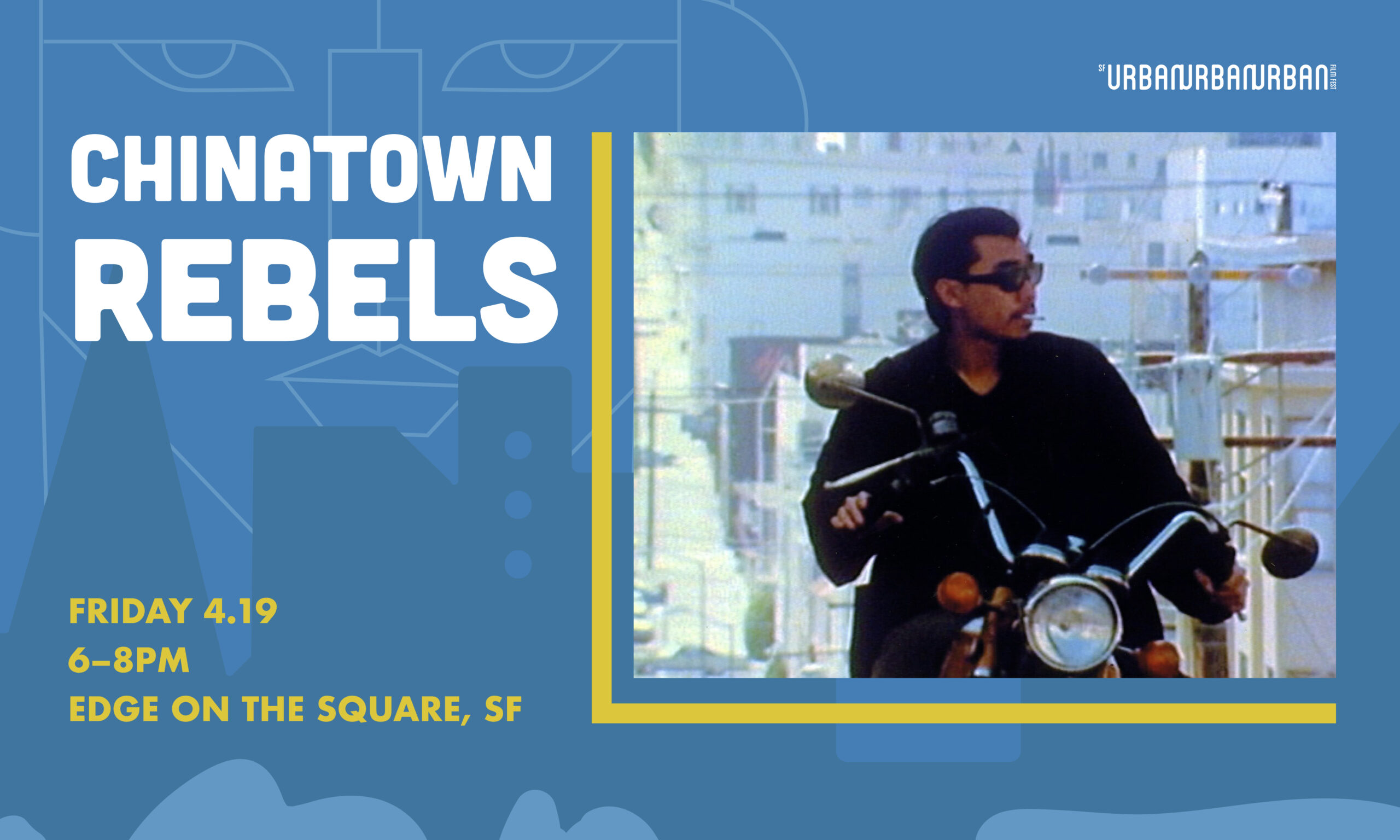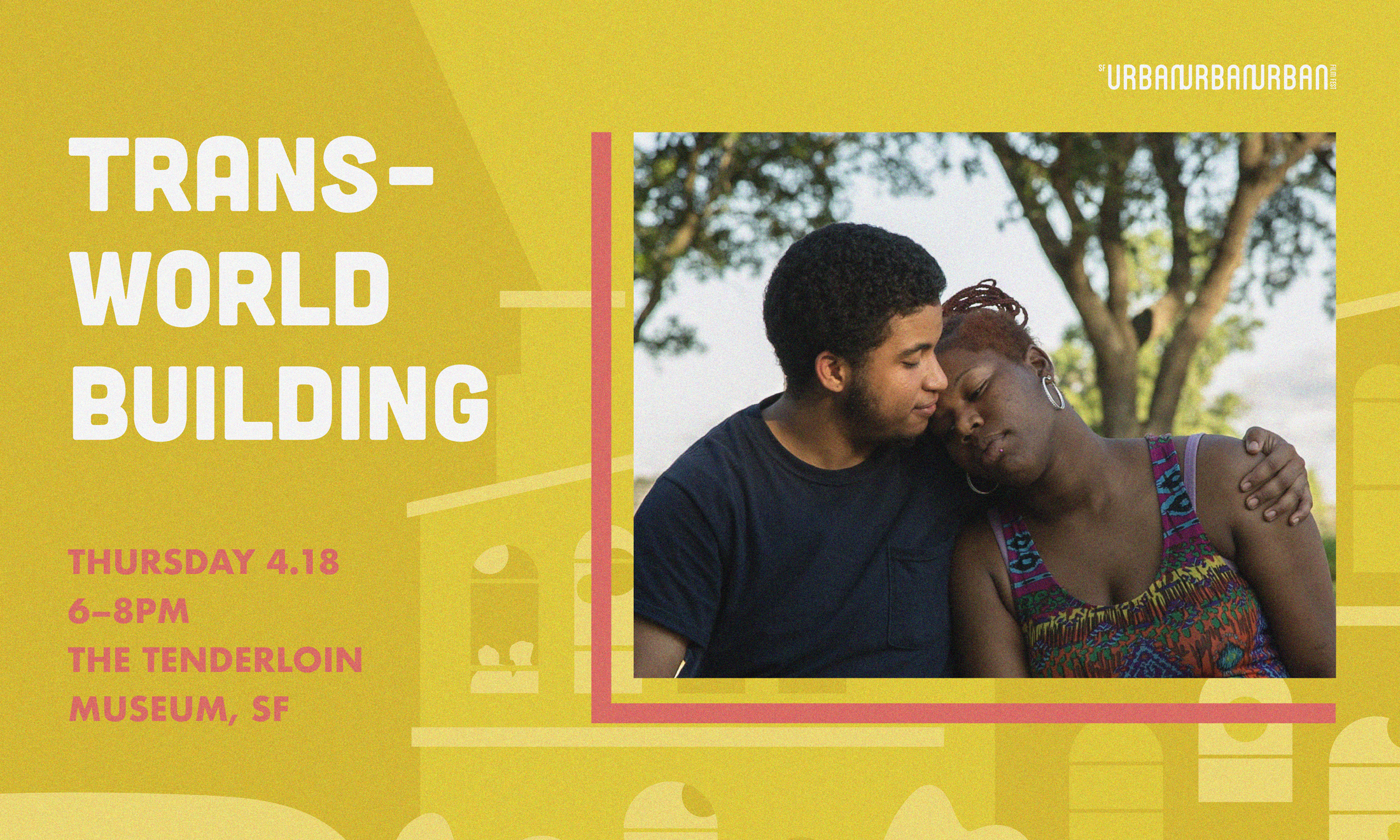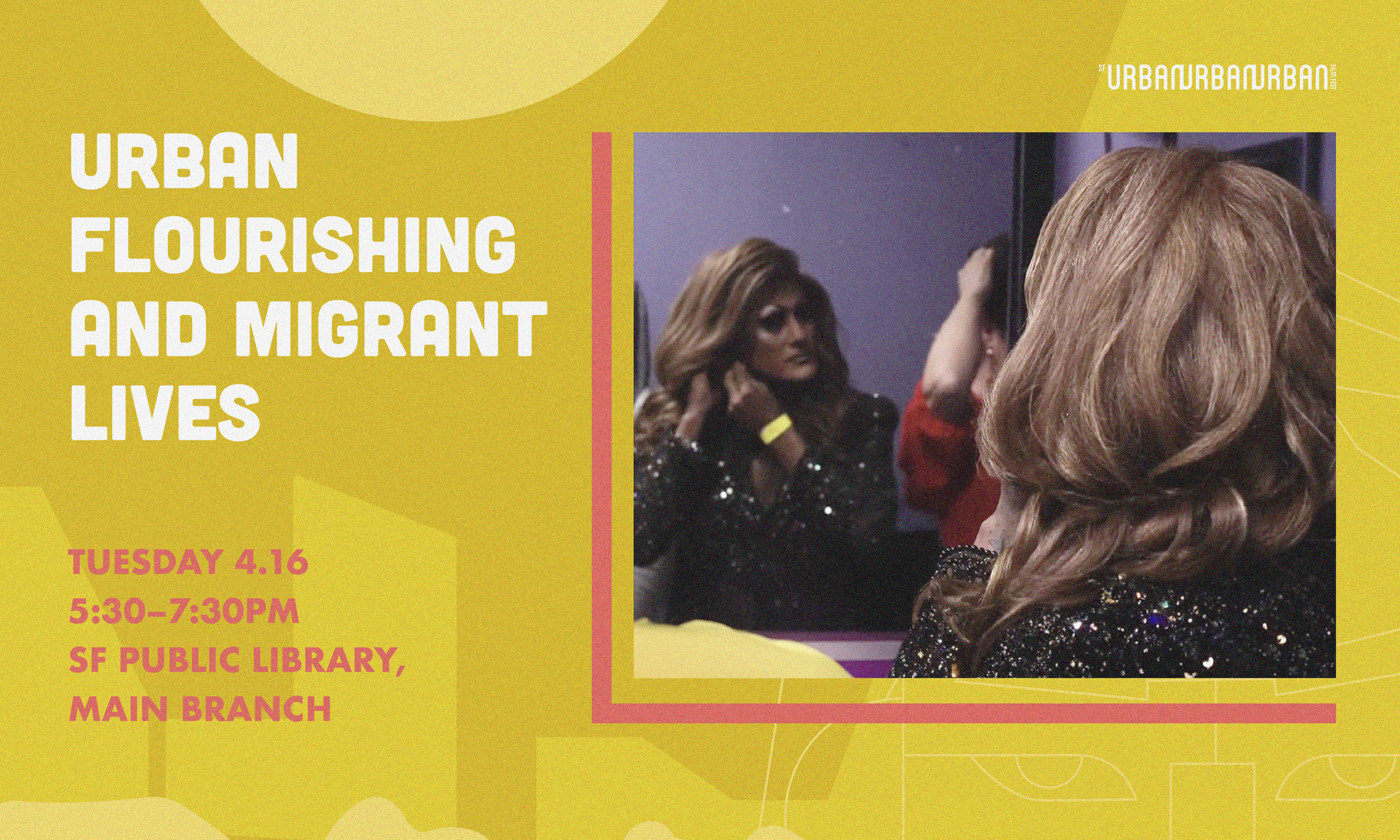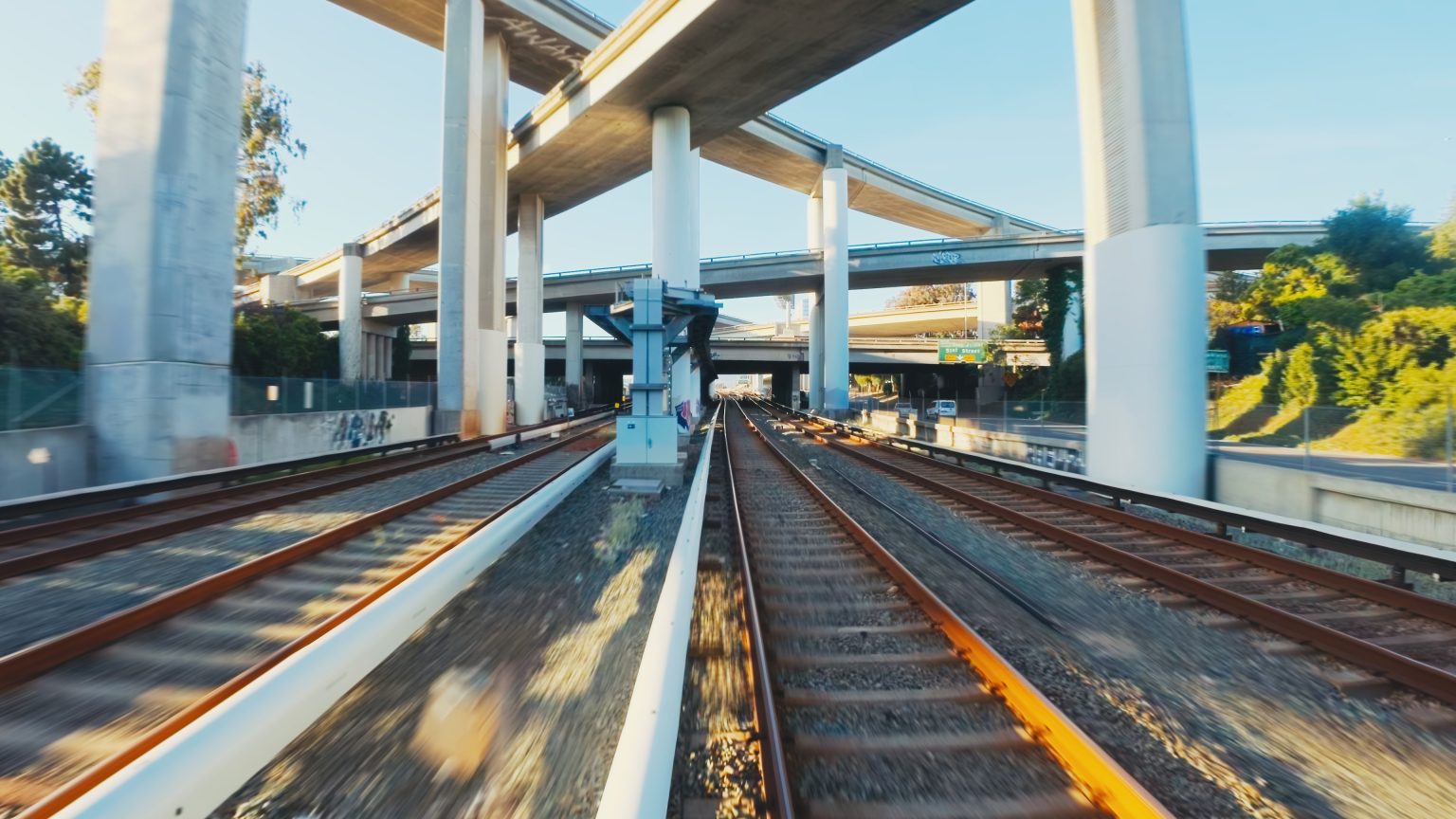The Future is Fluid:
Reawakening Urban Landscapes to Nature’s Wisdom
As we grapple with the intense environmental and social crises exacerbated by our growth-obsessed economic system, we confront the need to change how we relate to the natural world as city dwellers. Water emerges as a primary medium through which these crises manifest, while also serving as a fortifying source of life and renewal.
In the hybrid genre film, Holding Back the Tide the oyster is an entry point for tuning into the natural world’s patterns of resilience and adaptability. Nature is, after all, the ultimate innovator, having honed its designs over billions of years of evolution, crafting solutions to the most complex challenges with elegance and efficiency. Upon closer look, the humble shellfish beneath the surface embodies a path forward that is interconnected, regenerative, and queer.
Join us as we delve into the intersections of equity, queer perspectives, and “innovation” in shaping our urban waterways. How are we looking to nature as a guide in navigating ecological degradation through our built environment? What are we doing to ensure that all communities have equitable access to essential water resources in the process?
Panelists
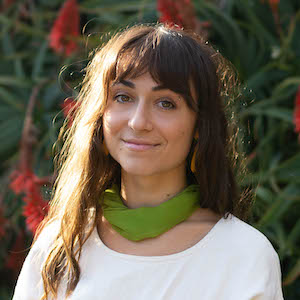
Kristal Çelik (moderator)
SFUFF Program Producer, Civil Engineer
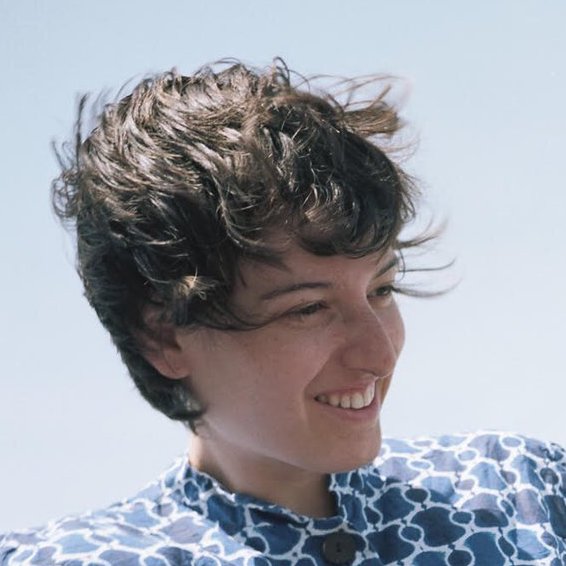
Emily Packer
Director, Holding Back the Tide
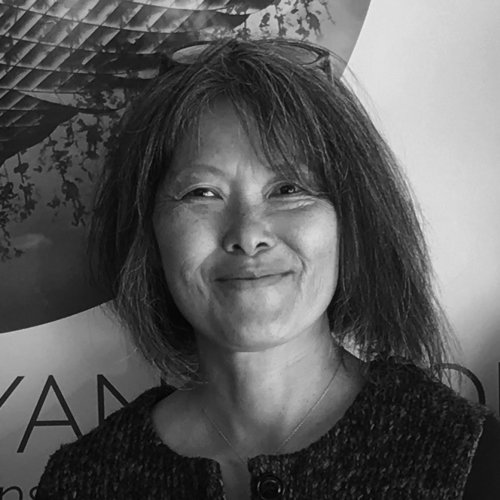
Margaret Ikeda
Associate Professor of Architecture at California College of the Arts, Co-Director, CCA Architectural Ecologies Lab
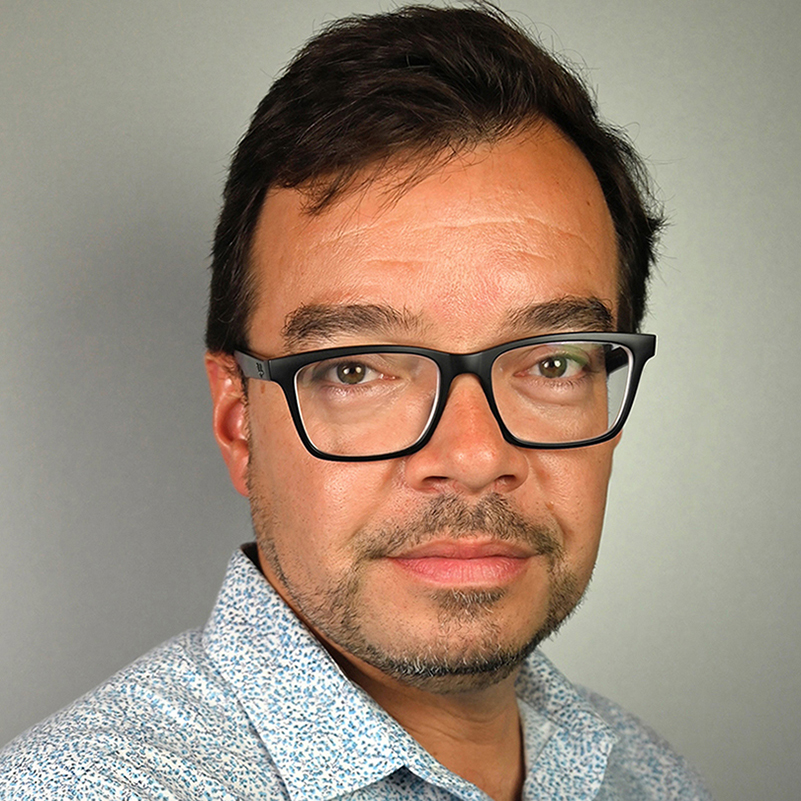
Luiz Barata
Senior Planner / Urban Designer, Port of San Francisco
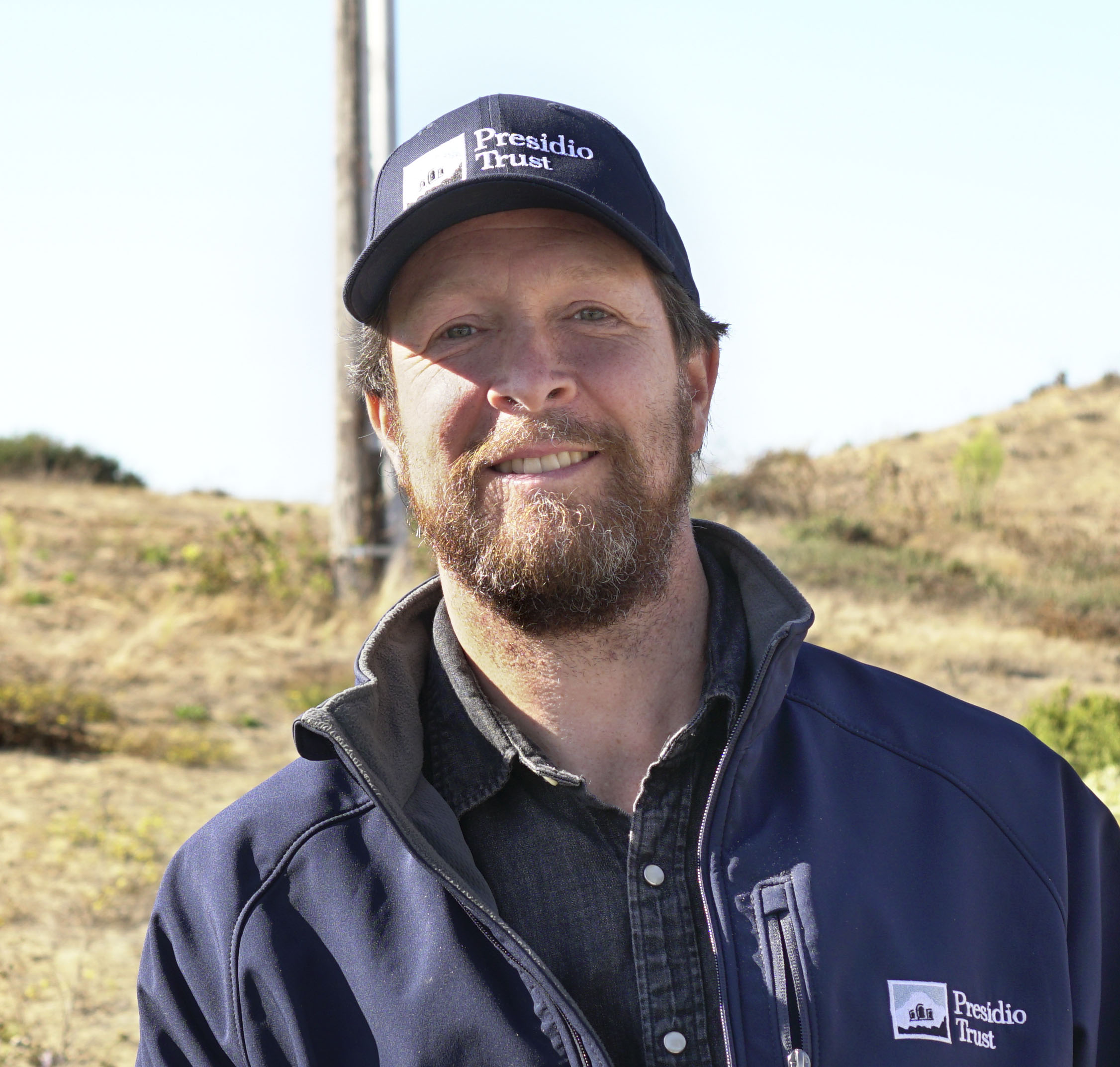
Lew Stringer
Associate Director of Natural Resources, Presidio Trust
Films
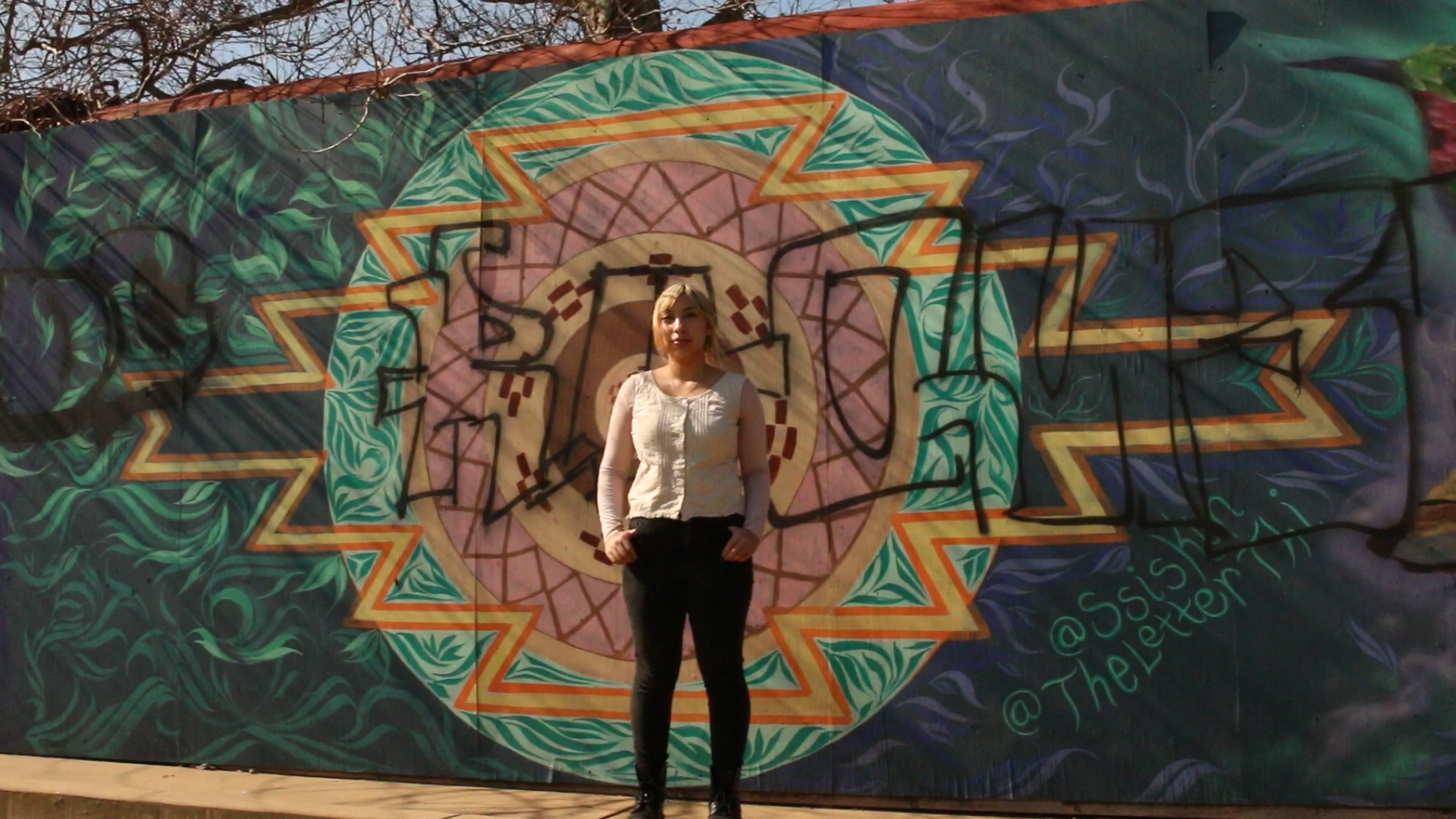
Above Ground
Directed by Jimmy Ramirez
Urban designer Elizabeth Garcia helps us understand what happens with rain water in the heart of Oakland’s Fruitvale district.
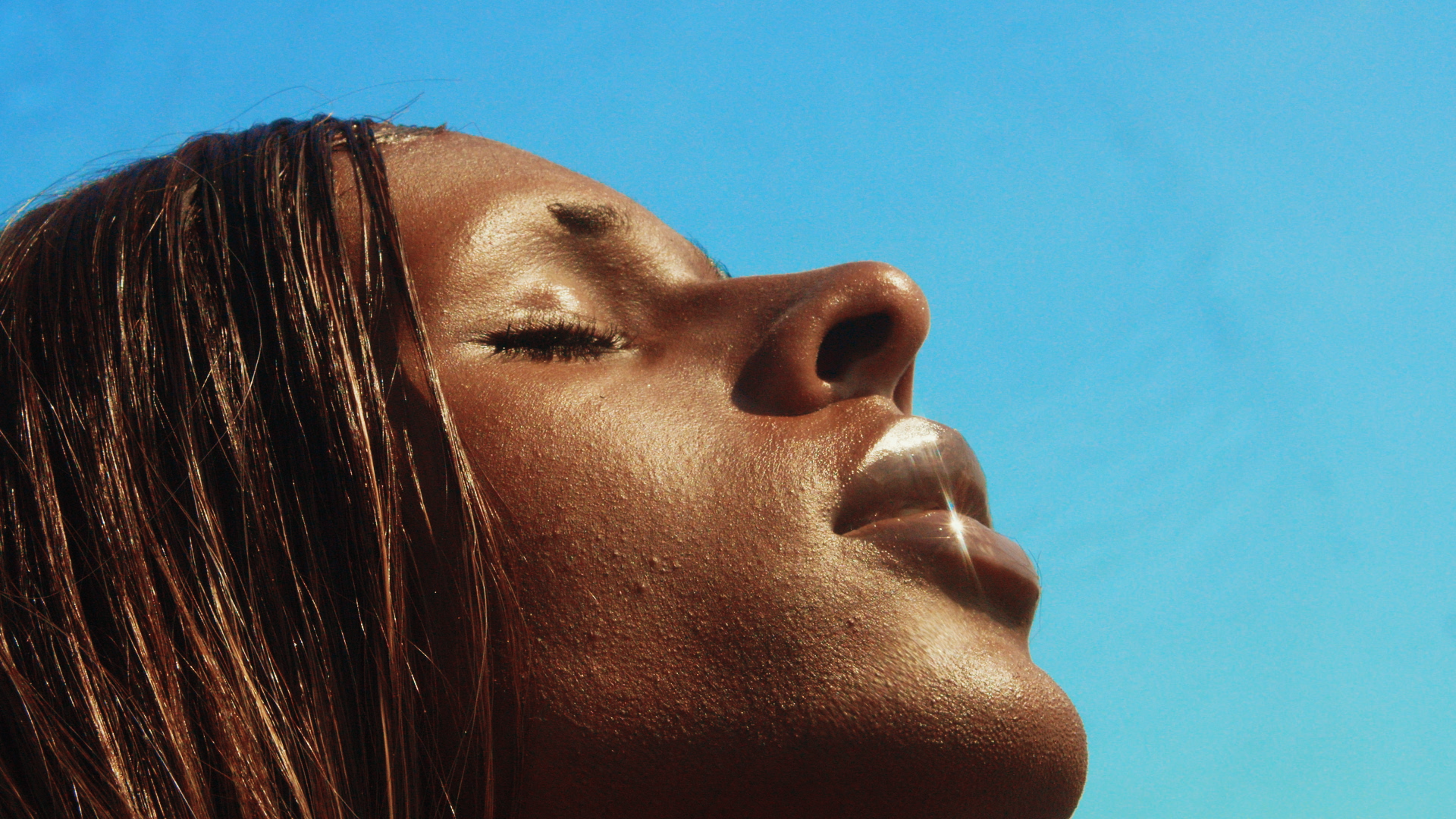
Holding Back the Tide
Directed by Emily Packer
This impressionist hybrid documentary traces the oyster through its many life cycles in New York, once the world’s oyster capital.
Partners
